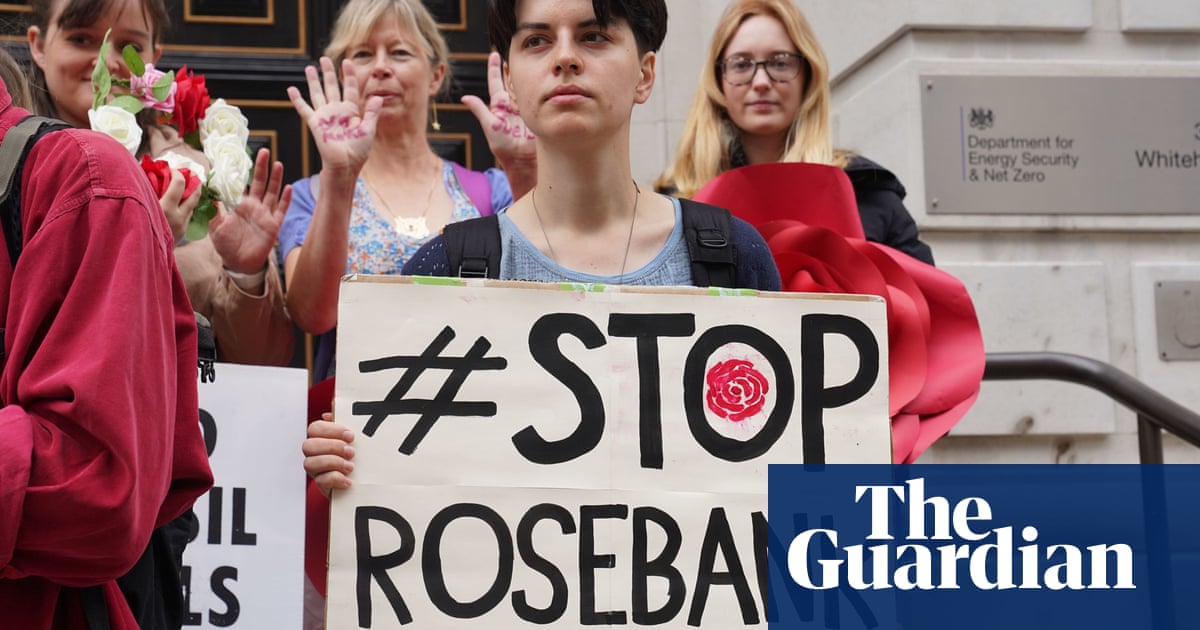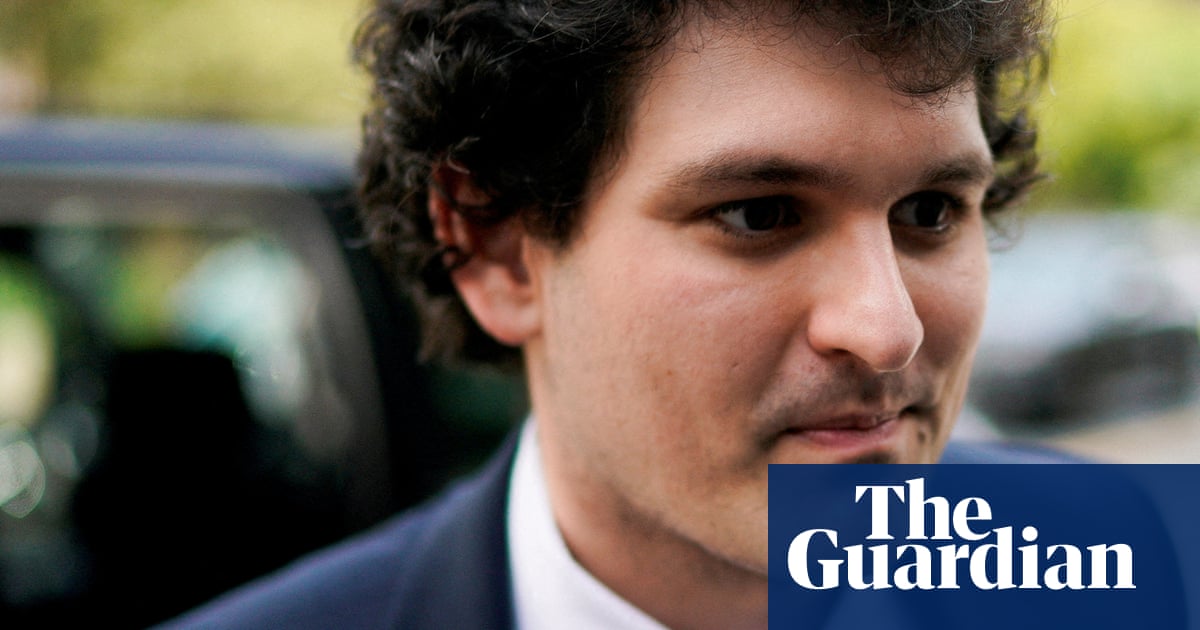
A government minister has ruled out reimbursing some victims of miscarriages of justice after living expenses for the time they spent in prison were deducted from their compensation payments.
Last year, the then justice secretary, Alex Chalk, scrapped the policy of making deductions from all future payouts after the case of Andrew Malkinson, who was wrongfully imprisoned for 17 years.
This meant that compensation payments made after August last year as part of the miscarriage of justice scheme did not have the cost of “bed and board” for time spent in prison deducted.
Nick Thomas-Symonds, the minister for the Cabinet Office, said “it is absolutely crucial that people do have the chance to rebuild their lives,” but added “whenever you change policy, there’s going to end up being a cut-off point in it”.
Some victims of historic miscarriages of justice have been told by the government that bed and board costs for the time they spent in prison will be deducted from their compensation payments.
Among those who have been told they will not be refunded money deducted from their compensation payments is Paul Blackburn, who aged 15 was convicted of attempted rape and attempted murder of a nine-year-old boy.
After his trial, Blackburn was sentenced to life detention and subsequently served 25 years in 18 different prisons. His conviction was overturned in 2005. When Blackburn received compensation in 2011, more than £100,000 was deducted to cover the cost of rent and food he would have had to have paid had he not been in jail.
Asked on BBC Radio 4’s Today programme whether the cut-off point for reimbursement was arbitrary, Thomas-Symonds said: “You have a standard approach to government policy that changes do not apply retrospectively.
“It’s been a recognition that the deduction of the living expenses for the time spent in prison in the award was something that shouldn’t be happening. But the reality is, yes, that when you do make a change in the law, when you make a change in policy, you are inevitably drawing a line somewhere.”
The only notable evidence against Blackburn was a confession he signed after four hours of questioning by two senior officers, with no parent or lawyer present. On appeal, evidence from linguistic analysis showed it was littered with police jargon despite claims from officers that he wrote the confession independently.
This meant Blackburn’s admissions were wrongly admitted into evidence, and the officers had lied on oath. On this basis, the conviction was found to be unsafe and was quashed.
Blackburn says that the policy is “morally wrong” and his solicitors may bring a legal challenge. “It’s just compounding things, isn’t it?” he told Today. “Just do the right thing. Just put things right.”
He explained that his compensation was also calculated on the assumption that he would never have worked and would have received benefits. “That’s punishing me twice,” he said. “I had no employment record because you stole my life.”
Thomas-Symonds maintained that the government had “a commitment, an absolute commitment, that people who suffer miscarriage of justice should have the chance to rebuild their lives”, and said this can also be through means such as suing public bodies where appropriate.
Malkinson was jailed in 2004 for the attack on a woman in Salford but maintained his innocence. Despite applying twice for his case to be reviewed by the Criminal Cases Review Commission, he was turned down. He was not released from prison until December 2020.












